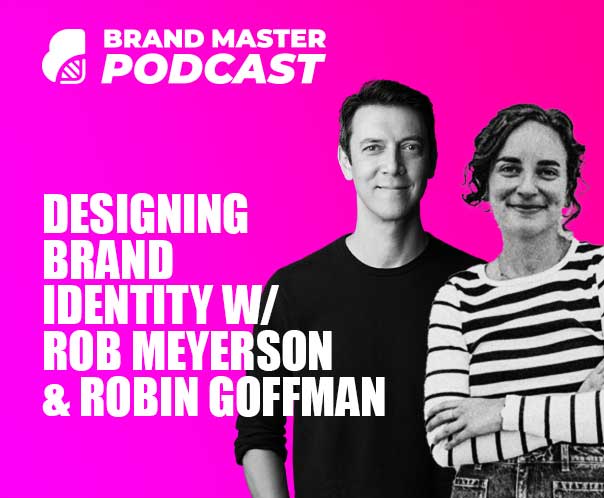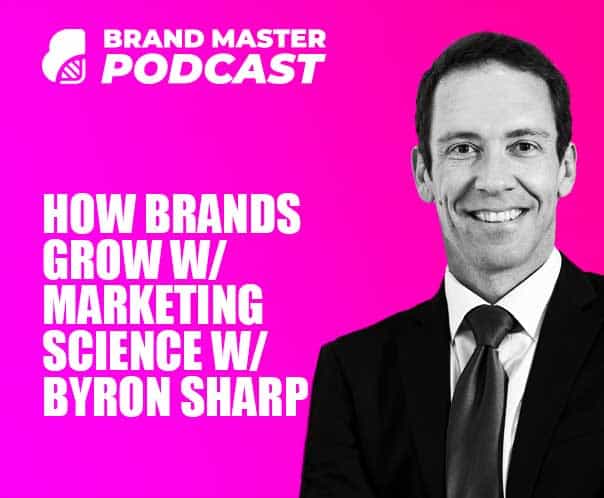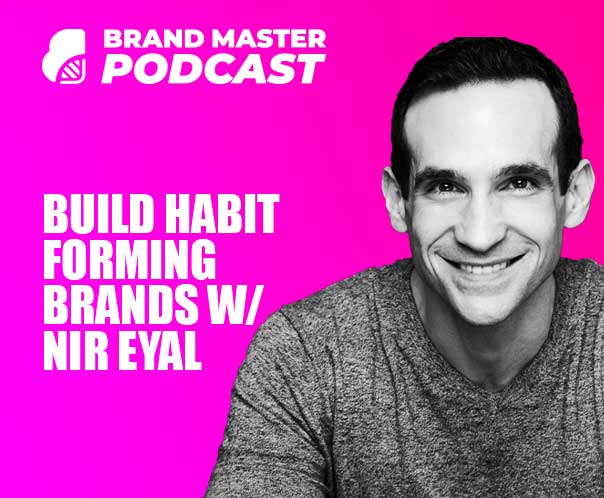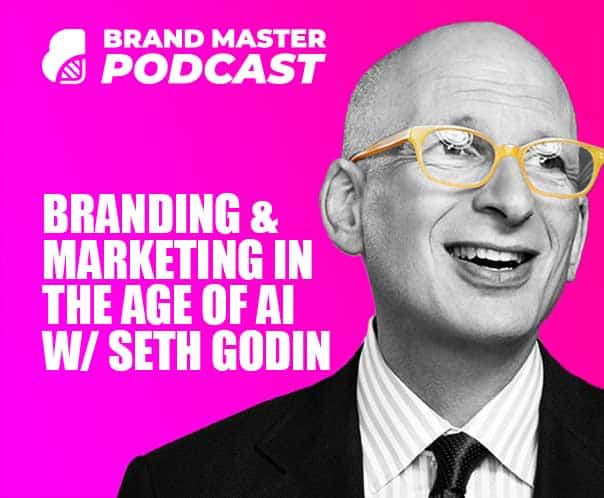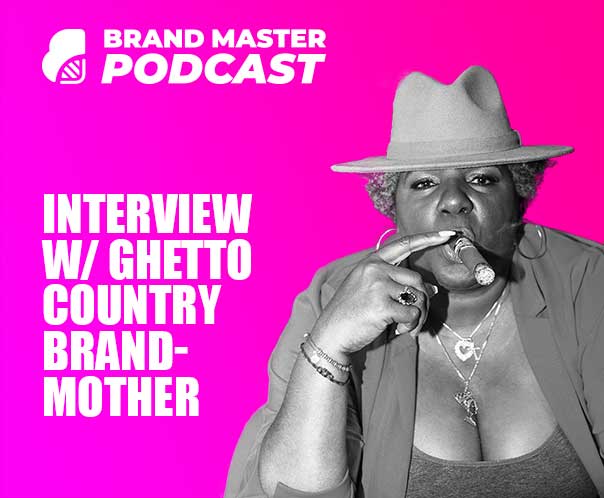Building a brand is a game of strategy.
Effective brands are made up of many cogs, all working together like a well-oiled machine, connecting with audiences and influencing buying decisions.
Each cog needs a different technique, and each technique, different branding tools.
From advertising to email automation, content creation to distribution, every branding cog has a branding tool to assist.
In this article, you’ll discover the best branding tools on the market and how they’re used to build effective brands.
What is a Branding Tool?

A branding tool is an application or platform designed to shape and build your brand's identity, presence, and consistency across various marketing channels.
These tools are the unsung heroes that empower you to craft and disseminate your brand story, maintain brand voice, and ensure that every piece of content aligns with your brand guidelines.
Why Choosing the Best Branding Tools is Essential for Success?

Selecting the right branding tools is not just a matter of choice; it's a critical strategic decision.
The best branding tools enhance marketing efforts, streamline content creation, and ensure your message resonates with your target audience.
They are the backbone of your branding strategy, influencing how your brand is perceived and received in the digital marketing realm.
PRO Brand Strategy BluePrint
Build Brands Like A Pro Brand Strategist
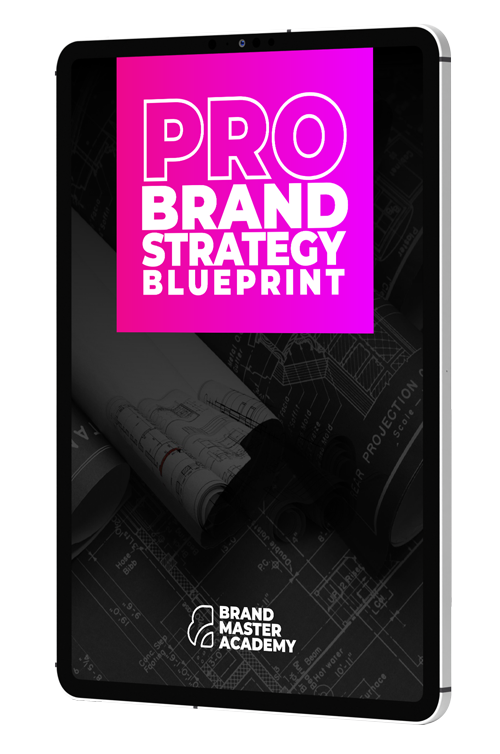
When to Use a Branding Tool?

Implement branding tools at every stage of your marketing strategy.
Whether it's creating visual brand assets for social media posts, defining your brand guidelines, or conducting competitive analysis, branding tools offer the support you need to ensure consistency and clarity in your branding efforts.
Why Are Branding Tools Useful in a Marketing Campaign?

In every marketing campaign, branding tools serve as the leverage to amplify your brand voice and maximize brand visibility.
From detailed analytics to social media management, these tools provide valuable insights and automation that bolster your marketing assets and help you target customers more effectively.
Branding tools come in various forms, catering to different aspects of branding.
Let's delve into some categories:
Hootsuite
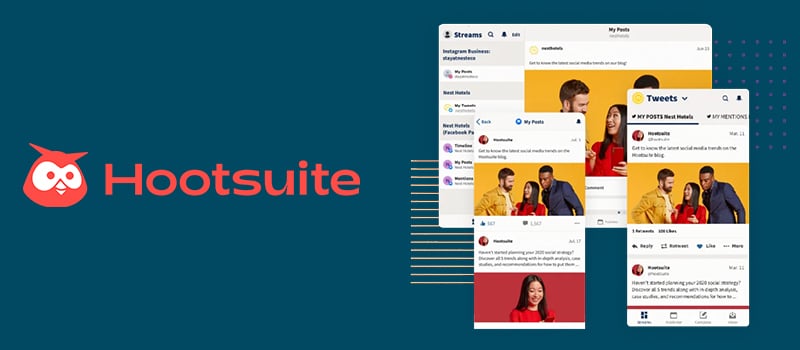
Hootsuite allows you to manage all your social media platforms from a single dashboard.
It not only schedules posts across multiple channels but also monitors social media traffic.
Brands benefit from its ability to track social media content's performance, which aids in adjusting strategies for better engagement and reach.
Buffer
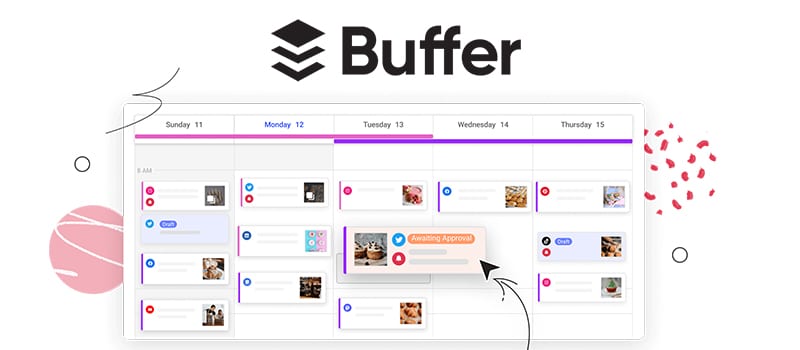
Buffer's clean interface and powerful analytics tools make it a favorite for scheduling posts and analyzing engagement data.
By using Buffer, brands can streamline their social media posts, saving time and increasing consistency across channels, which is key for maintaining a strong brand identity.
Sprout Social
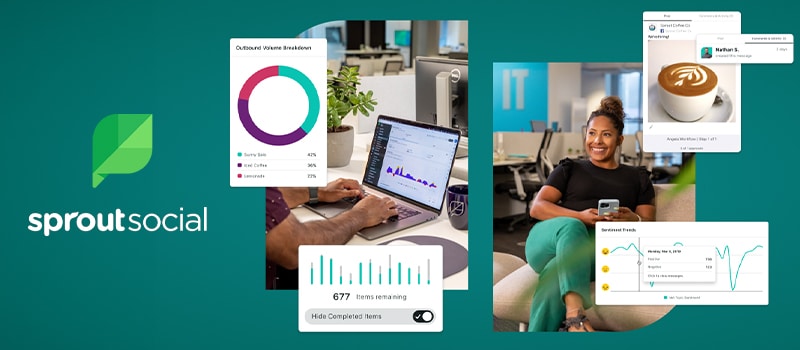
Sprout Social offers deep analytics and social listening tools that help brands understand their audience better.
With Sprout Social, you can engage with your customers more effectively, ensuring that your brand voice is heard and that your marketing efforts resonate with your target audience.
Canva
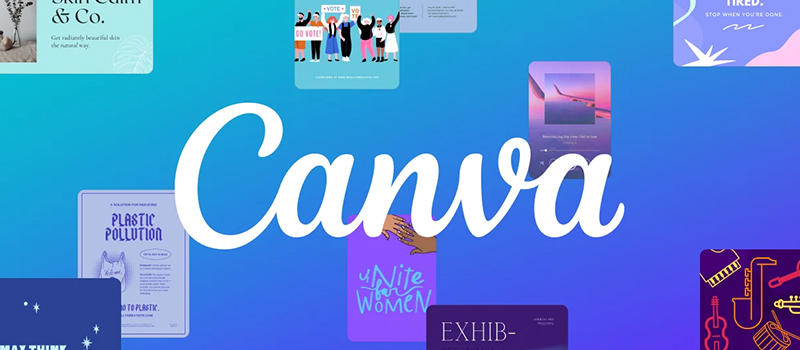
Canva simplifies the design process with its drag-and-drop interface and wide range of templates.
The tool is a boon for brands that need to create visual content quickly without sacrificing quality.
With Canva, creating consistent visual branding across various assets becomes accessible, enhancing brand recognition.
Adobe Spark
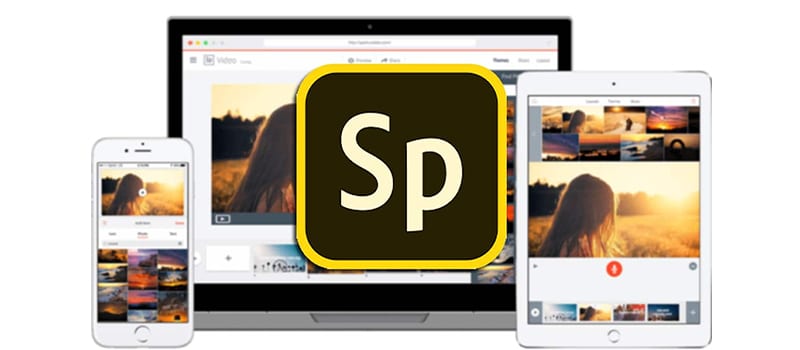
Adobe Spark provides templates and design options that allow for quick creation of visual assets like social media graphics, web stories, and animated videos.
Brands can leverage Adobe Spark to maintain visual consistency, crucial for a strong brand identity, without needing extensive design skills.
Sketch
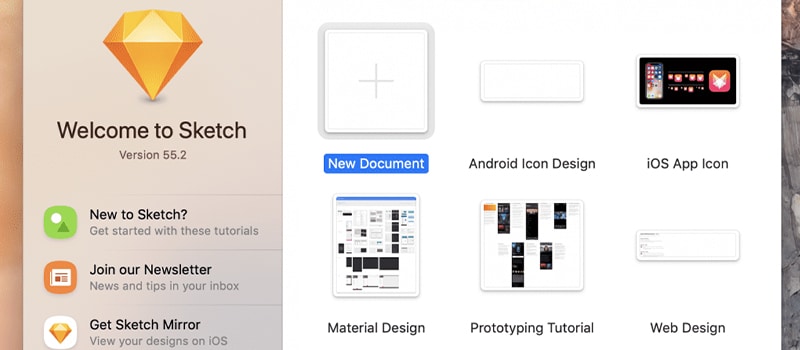
Focused more on UI/UX design, Sketch is a vector-based design tool perfect for designing websites and mobile app interfaces.
It streamlines the design process, ensuring strict brand guidelines are met with precision.
The benefit for brands is clear: a coherent visual identity across all digital platforms.
Explore Brand Strategy
Programs & Tools
Grammarly
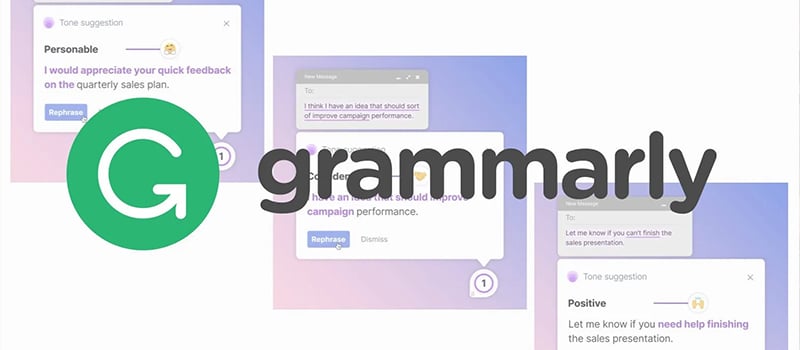
Grammarly is more than just a spell-checker; it's an advanced writing tool that helps ensure your brand's written content is not only error-free but also clear and impactful.
By maintaining a brand tone and high standard of writing, brands can establish credibility and authority in their space.
Hemingway Editor
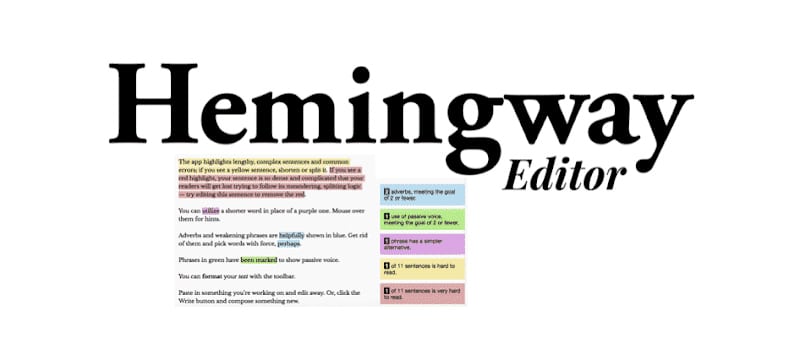
Hemingway Editor is designed to make your writing bold and clear.
The software highlights complex sentences and errors, which can be extremely beneficial for brands looking to communicate more effectively with their audience.
Lumen5
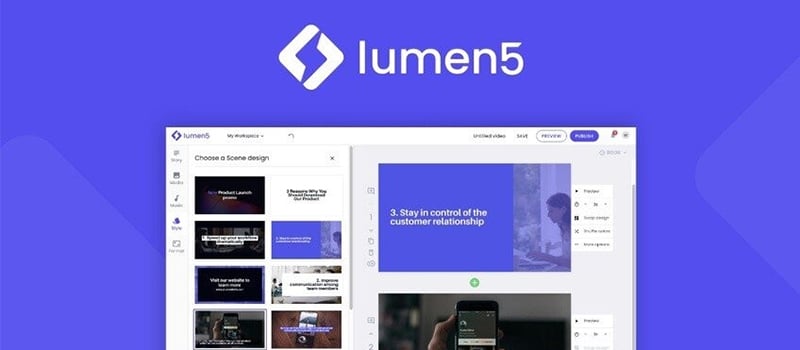
Lumen5 leverages AI to transform text content into engaging video content.
This is especially useful for brands looking to expand into video marketing to tell their brand story in a more dynamic way, helping to increase engagement and shareability.
Google Analytics

Google analytics the the foundational tool when it comes to tracking website performance and gathering data on user behavior.
For brands, Google Analytics is invaluable for making data-driven decisions to optimize their digital marketing strategies and increase ROI.
SEMrush
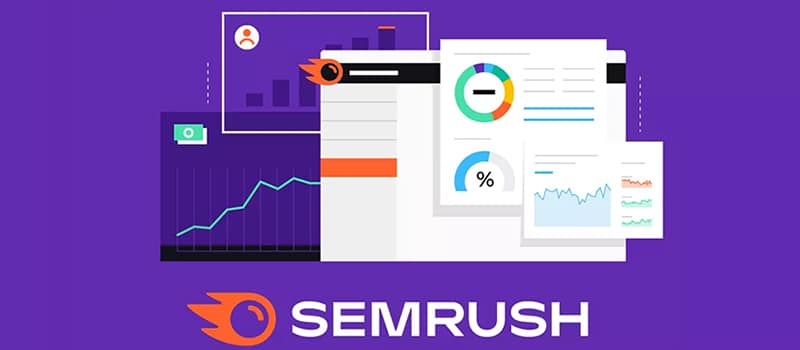
SEMrush is a comprehensive tool that offers solutions for SEO, content marketing, competitor research, and more.
Brands can gain insights into their SEO performance, track their SERP rankings, see organic traffic, and understand their market position.
Moz
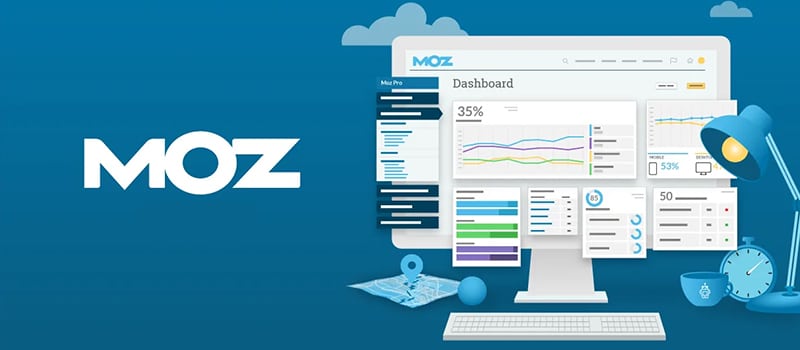
Moz provides SEO software that helps brands improve their search engine visibility.
With tools for keyword research, link building, and site audits, Moz helps brands optimize their online presence for better organic search results.
Frontify
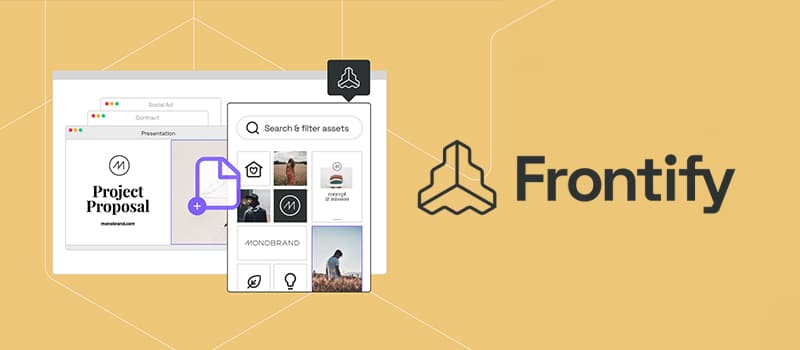
Frontify is a brand management platform that allows teams to create brand guidelines, logos, and color palettes.
It ensures consistency across all marketing materials, which is essential for building a cohesive brand identity.
Brand24
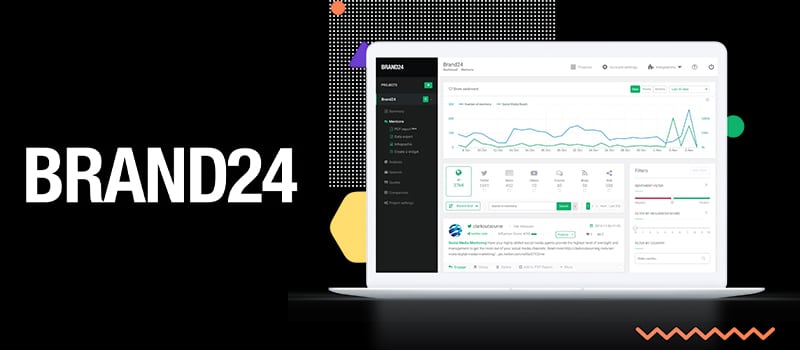
Brand24 is a social media monitoring tool that tracks mentions and provides sentiment analysis.
It enables brands to quickly respond to feedback, manage their brand reputation, and stay engaged with their audience.
GatherContent

This branding content management software helps manage content at scale by streamlining the workflow from planning to publishing.
Brands can use GatherContent to ensure all content is on-brand, approved, and ready for distribution without the typical chaos of content operations.
Copy.ai

Copy.ai uses AI to generate creative and engaging copy for various formats.
Brands can use this tool to produce fresh content that aligns with their brand voice, saving time and resources on brainstorming and drafting.
HubSpot Email Signature Generator

This tool helps create professional email signatures that serve as a brand touchpoint in every email sent.
A consistent email signature reinforces brand identity and promotes brand recognition.
ProWritingAid
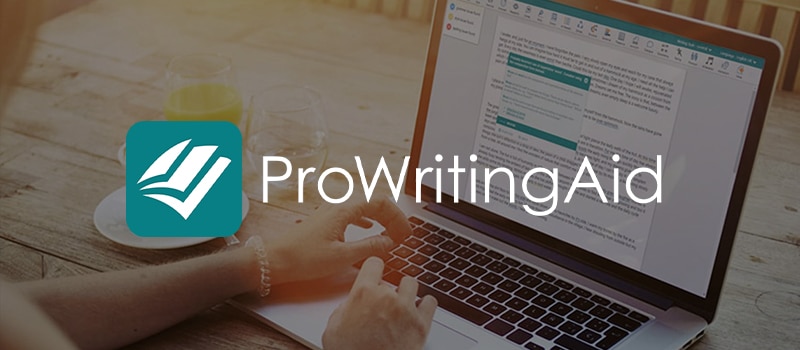
Beyond grammar checking, ProWritingAid offers style and vocabulary suggestions to improve the readability of your copy.
The software can help brands refine their message and communicate more effectively with their target audience.
LogoMakr
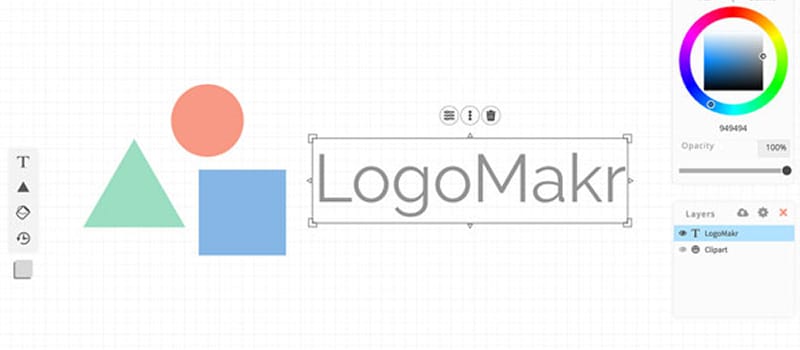
This user-friendly logo generator allows brands to create logos quickly.
It's especially useful for startups or small businesses looking to establish a visual identity without investing heavily in design resources.
Crayon

Crayon utilizes AI to track and analyze competitor websites across the web.
Brands can leverage this tool for competitive analysis, drawing insights to fine-tune their own branding strategy and stay ahead of the curve.
ChatGPT by OpenAI

AI-driven language models like ChatGPT can generate human-like text, providing brands with a tool for creating written content that resonates with readers.
This can be used for everything from customer service responses to generating ideas for content marketing campaigns.
How to Choose the Right Branding Tools?

When selecting branding tools, consider your brand's specific needs, the features offered by the tool, user reviews, and the level of customer support.
It's also important to think about scalability — can the tool grow with your brand?
And don't forget to weigh the cost against the value it provides to your branding and email marketing efforts too.
Evaluating the Best Branding Tools for Your Business Needs

Evaluating the right branding tools requires a clear understanding of your business objectives and marketing goals.
Trial periods can be an excellent way to test a tool's compatibility with your brand.
Also, consider the integration capabilities with your existing systems and whether the tool can consolidate multiple functions to streamline your operations.
The Future of Branding Tools: Trends to Watch
Emerging Technologies and Their Impact on Branding

With the digital landscape in constant flux, emerging technologies are shaping the future of branding tools.
Augmented Reality (AR) offers immersive experiences, making it possible for consumers to engage with products in a dynamic way.
Voice search optimization is becoming increasingly important as smart speakers and voice assistants proliferate.
Brands will need to adapt their SEO strategies for conversational queries, which will become a significant focus for branding tools.
The Shift Towards Personalization and AI

AI continues to refine the personalization of customer experiences.
Future branding tools will likely offer even more sophisticated AI algorithms for predictive analytics, suggesting branding moves based on consumer behavior patterns.
This level of personalization could redefine brand interactions, making them more intuitive and user-centric.
Sustainability: A Growing Brand Imperative

The rise of eco-consciousness among consumers is pushing brands to consider sustainability not just in their products but in their branding as well.
Tools that can analyze and optimize the environmental impact of a brand's marketing efforts will become valuable.
Brands that effectively communicate their sustainability through their digital presence will stand out.
Branding on a Budget: Affordable Tools for Startups
Capitalizing on Cost-Effective Digital Tools

In a nutshell, a branded house is a brand architecture model where one big brand (the master brand) oversees and influences all sub-brands.
The parent brand is the face of all offerings, no matter how diverse they are.
Here, the corporate brand takes center stage, and the sub-brands essentially borrow the parent brand's reputation.
Making the Most of Free Features and Trials
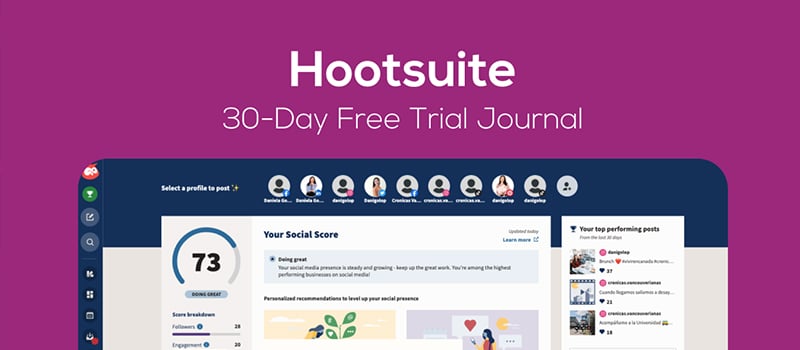
Many premium tools offer free versions with enough functionality to support the early stages of brand development.
Utilizing Google Analytics for insights, Hootsuite for social media management, and Moz for SEO can provide significant value.
Startups should maximize these features and plan for paid subscriptions as their needs evolve.
Strategic Investment in Branding Tools

As startups grow, the need for more comprehensive tools becomes evident.
Investing in the right tools at the right time is crucial.
Startups should assess which aspects of their branding will benefit most from paid tools.
For instance, investing in a CRM system or advanced analytics software might be more beneficial once a certain level of customer engagement or data traffic is achieved.
Local Branding: Tools for Geo-Targeting and Local SEO
Boosting Local Search Presence

For brick-and-mortar businesses and service providers, local visibility is vital.
Tools like Google My Business and Moz Local help businesses manage their listings and ensure they appear in local searches.
These tools also provide valuable insights into how customers are finding and interacting with your business locally through online reviews.
Engaging Local Audiences

Tools such as Nextdoor, a neighborhood app, allow businesses to engage with the community directly.
By participating in local conversations and events, businesses can build a loyal local customer base.
Social media advertising can also be geo-targeted to reach specific audiences, making promotions more relevant and effective.
Over To You
By staying informed about the latest technologies, making smart, budget-conscious choices, and focusing on local engagement, brands can build a robust and resonant presence.
The key is to select tools that not only align with your immediate goals but also have the potential to scale with your brand's growth.
As we look to the horizon, the brands that will lead are those leveraging tools not just with finesse but with a strategic vision, ensuring every touchpoint with the customer is an opportunity to reinforce their compelling brand story and values.
FAQs
1. What is the most important consideration when choosing a branding tool?
The most important consideration is whether the tool aligns with your brand's specific needs and goals, and if it integrates well with your current systems.
2. Are there free branding tools available that are effective?
Yes, many free tools are effective for various branding needs, such as Canva for design and Hootsuite for basic social media management.
3. How do AI branding tools differ from traditional branding tools?
AI branding tools leverage machine learning to automate and optimize tasks, often providing insights and efficiencies beyond the capabilities of traditional tools.
4. Should small businesses invest in paid branding tools?
Small businesses should consider paid tools if they offer significant value and ROI for their specific branding and marketing efforts. It's about finding the right balance between cost and benefits.
5. How often should I evaluate and update the branding tools I use?
Regularly evaluate your tools to ensure they continue to meet your evolving business needs, ideally on an annual basis or when major shifts in your marketing strategy occur.

